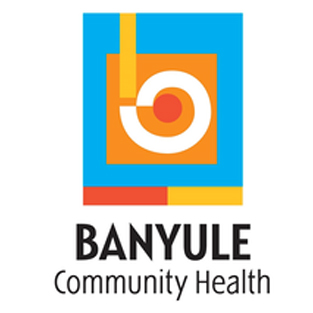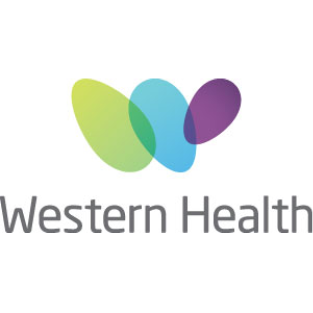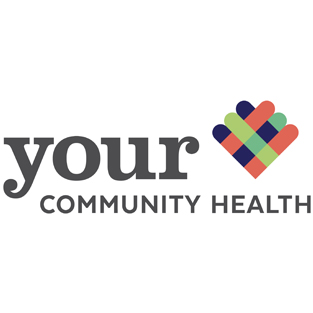Integrated Team Care (ITC) Complementary Program
31 March 2020 - 30 June 2022
$1 million
all
Overview
The Integrated Team Care (ITC) program supports Aboriginal and Torres Strait Islander people with complex chronic diseases to effectively manage their conditions through access to one-on-one assistance by care coordinators.
Recognising the importance of providing holistic programs for Aboriginal people and communities, North Western Melbourne Primary Health Network (NWMPHN) co-designed and funded additional activities to complement ITC services at 5 sites.
The ITC Complementary Program took a trauma-informed approach to care. It addressed the social determinants of health, including past, current and intergenerational trauma, and enabled opportunities for healing and cultural connection. This helped clients build resilience and capacity for self-care and recovery, empowering them to better manage their chronic conditions and live independently.
The program also helped providers support the social and emotional wellbeing of clients during the COVID-19 pandemic and associated stay-at-home orders.
Its activities included:
- art groups
- health education sessions
- yarning groups for men and women
- digital literacy programs
- check-in phone calls (especially during pandemic stay-at-home periods)
- connecting people to mental health supports and other services such as the NDIS, Centrelink, housing, food security and justice.
Clients were referred into the program by their ITC Care Coordinator.
Outcomes
The program achieved several common outcomes across the region plus outcomes specific to each of the 5 services involved.
Common outcomes included:
- better confidence and capacity of clients to attend group sessions and connect with community through peer-led programs
- improvement in clients’ ability to self-manage chronic conditions in partnership with their primary care provider and by accessing self-management resources such as education sessions
- establishing holistic and culturally appropriate programs to support Aboriginal people who felt isolated or were experiencing mild mental health concerns
- better cultural safety in mainstream health care organisations and providers in the NWMPHN region.
Local outcomes included:
- strengthening relationships between clients and nursing, allied health and dental services at Banyule Community Health through education sessions designed to support self-management
- strengthening relationships between clients and cohealth through regular check-ins and “walking buddies” during stay-at-home periods
- establishing relationships between a newly hired social worker at Djerriwarrh Health Service (now Western Health) and community members. This led to support for housing, NDIS, AOD and other services. The social worker also provided targeted mental health support to clients hesitant to engage with other mental health services
- online sessions hosted by IPC Health during stay-at-home periods, enabling clients to yarn with community and feel connected during a time of increased isolation
- formation of men’s and women’s yarning groups at Your Community Health, which provided a culturally safe space to discuss issues and feel connected to culture and community.
The ITC Complementary Program has now finished. Its lessons are being incorporated into the ITC Enhanced Program for 2022 to 2024.









